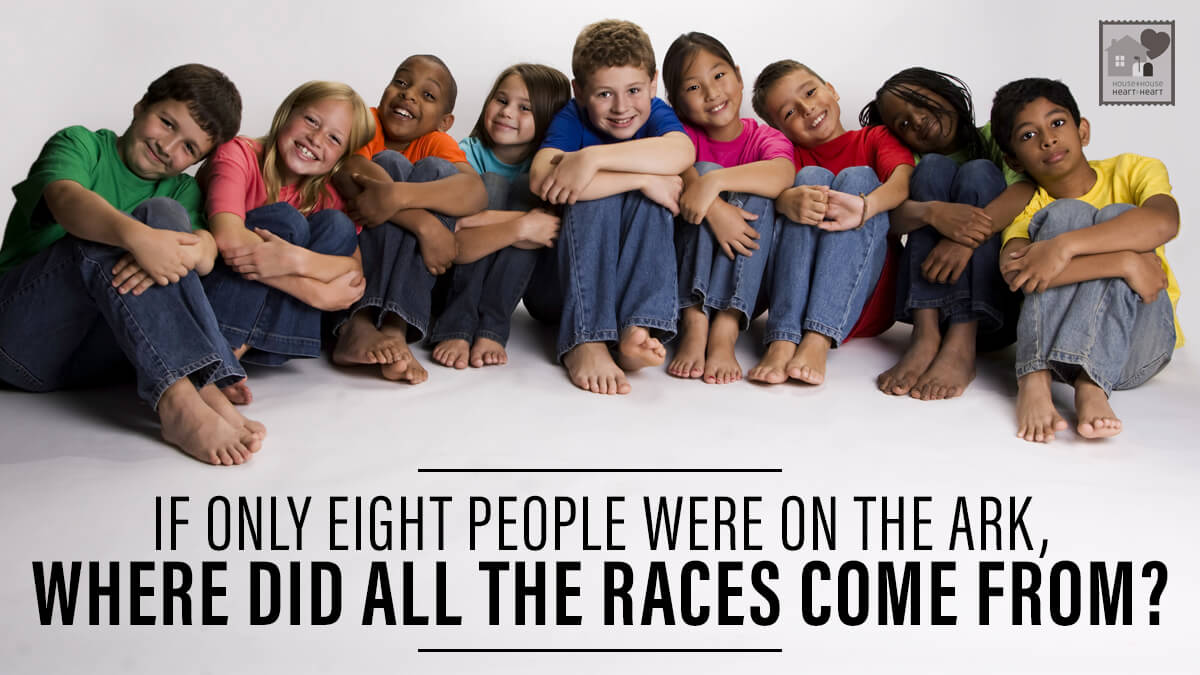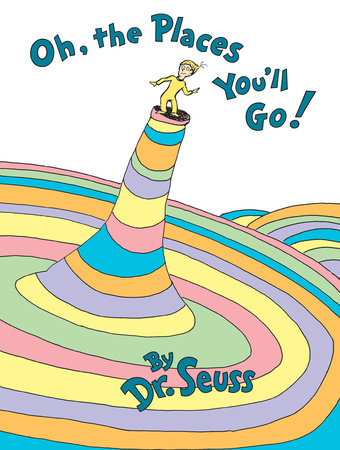The New York Times "Opinion" columnist D. Brooks never overlooks in his sanctimonious pieces to refer to individual human beings as "people" (in two of his previous columns, he mentions the word "people" a total of 40 times!). But now, in his most recent article, a plug for his new magnum opus, he mentions "people" only eight times. I, among "We the people," is terribly disappointed that he seems to have abandoned us people ... :)

image (not from above-cited article) from
Excerpt:I can make myself happy. This is the lie of self-sufficiency. This is the lie that happiness is an individual accomplishment. If I can have just one more victory, lose 15 pounds or get better at meditation, then I will be happy.
But people looking back on their lives from their deathbeds tell us that happiness is found amid thick and loving relationships. It is found by defeating self-sufficiency for a state of mutual dependence. It is found in the giving and receiving of care.
It’s easy to say you live for relationships, but it’s very hard to do. It’s hard to see other people in all their complexity. It’s hard to communicate from your depths, not your shallows. It’s hard to stop performing! No one teaches us these skills.
Life is an individual journey. This is the lie books like Dr. Seuss’ “Oh, the Places You’ll Go” tell.

image (not from article) from
In adulthood, each person goes on a personal trip and racks up a bunch of experiences, and whoever has the most experiences wins. This lie encourages people to believe freedom is the absence of restraint. Be unattached. Stay on the move. Keep your options open.
In reality, the people who live best tie themselves down. They don’t ask: What cool thing can I do next? They ask: What is my responsibility here? They respond to some problem or get called out of themselves by a deep love.
By planting themselves in one neighborhood, one organization or one mission, they earn trust. They have the freedom to make a lasting difference. It’s the chains we choose that set us free.
You have to find your own truth. This is the privatization of meaning. It’s not up to the schools to teach a coherent set of moral values, or a society. Everybody chooses his or her own values. Come up with your own answers to life’s ultimate questions! You do you!
The problem is that unless your name is Aristotle, you probably can’t do it. Most of us wind up with a few vague moral feelings but no moral clarity or sense of purpose.
The reality is that values are created and passed down by strong, self-confident communities and institutions. People absorb their values by submitting to communities and institutions and taking part in the conversations that take place within them. It’s a group process.
Rich and successful people are worth more than poorer and less successful people. We pretend we don’t tell this lie, but our whole meritocracy points to it. In fact, the meritocracy contains a skein of lies.
The message of the meritocracy is that you are what you accomplish. The false promise of the meritocracy is that you can earn dignity by attaching yourself to prestigious brands. The emotion of the meritocracy is conditional love — that if you perform well, people will love you. ...
No comments:
Post a Comment